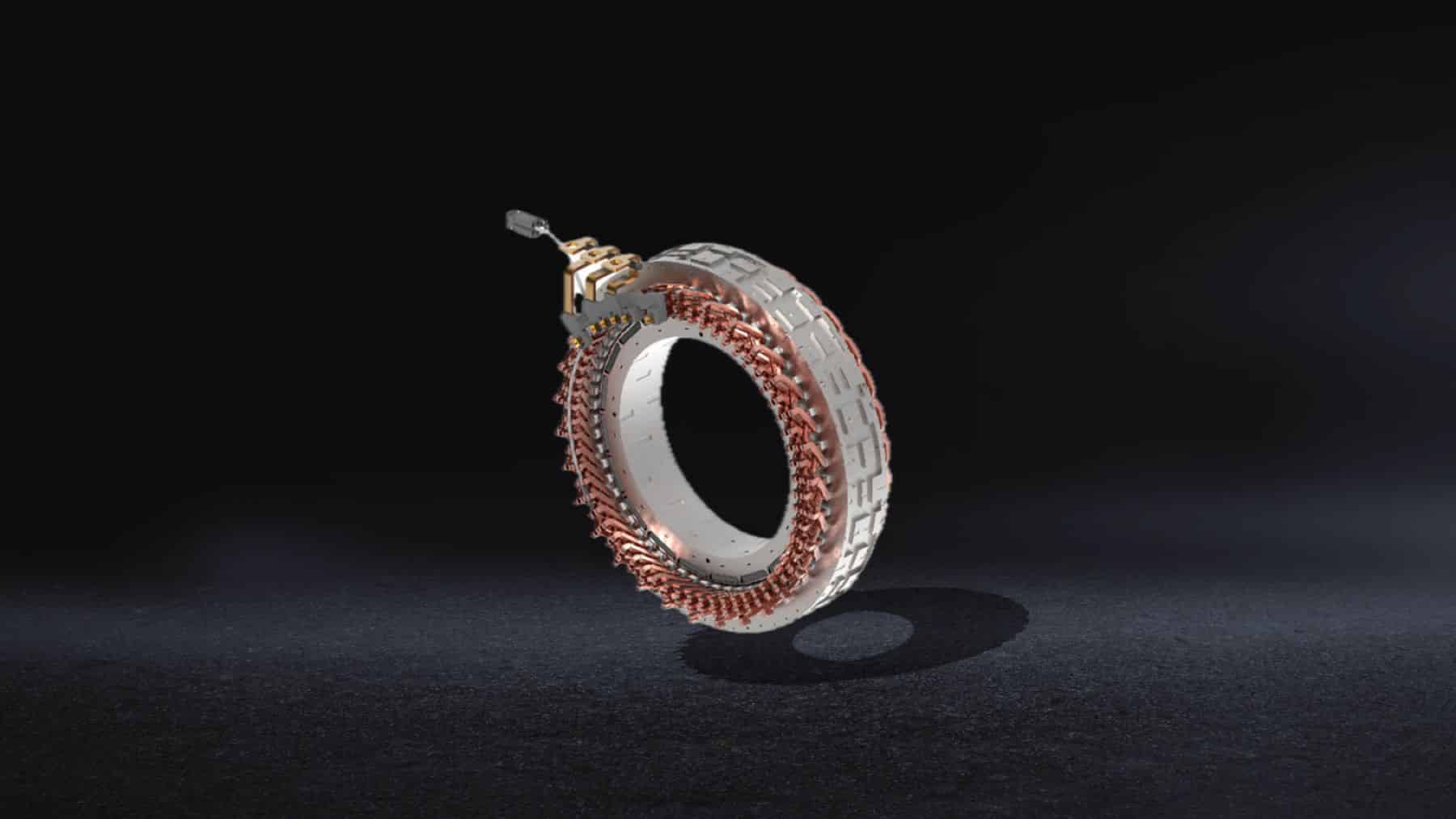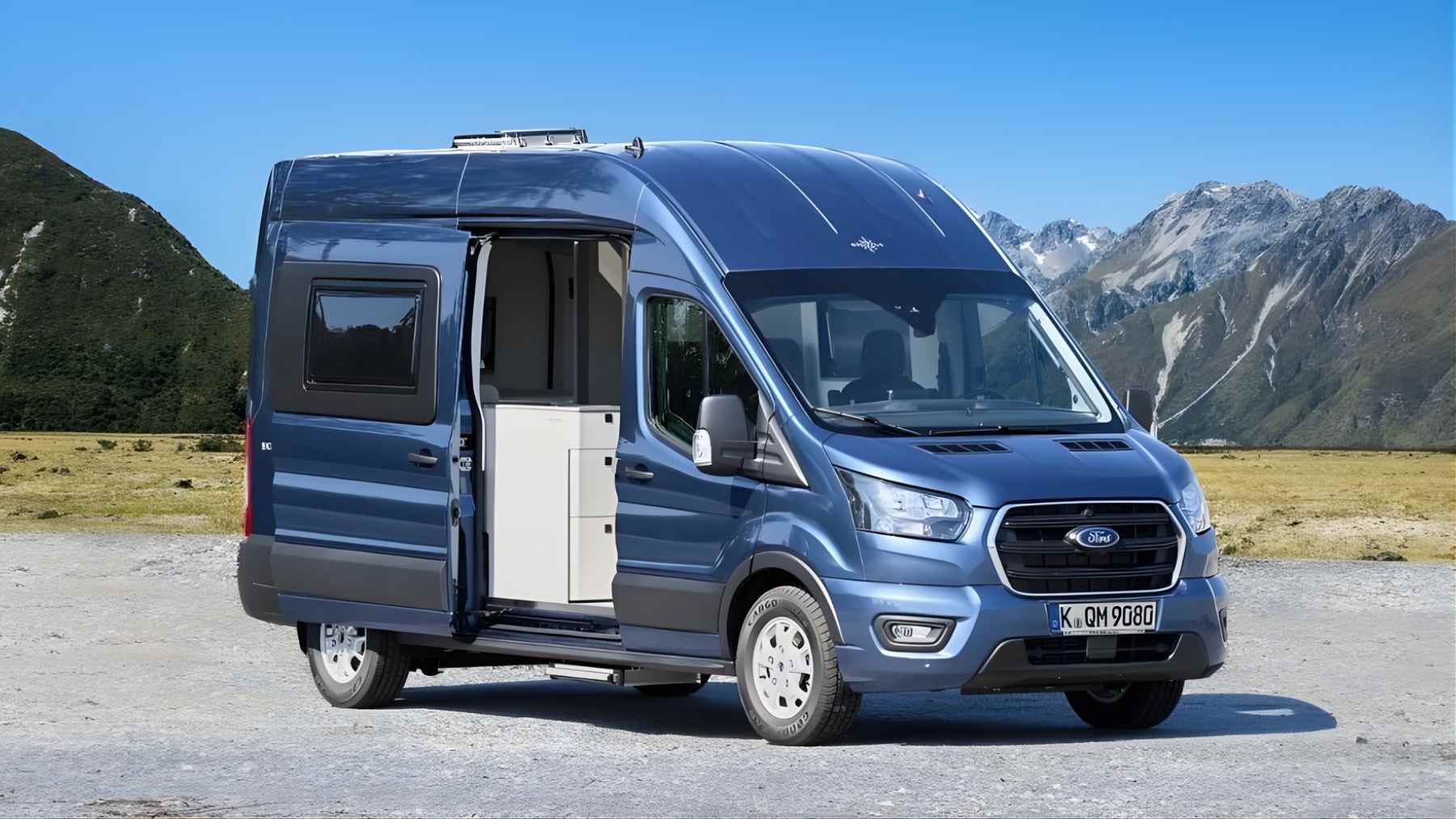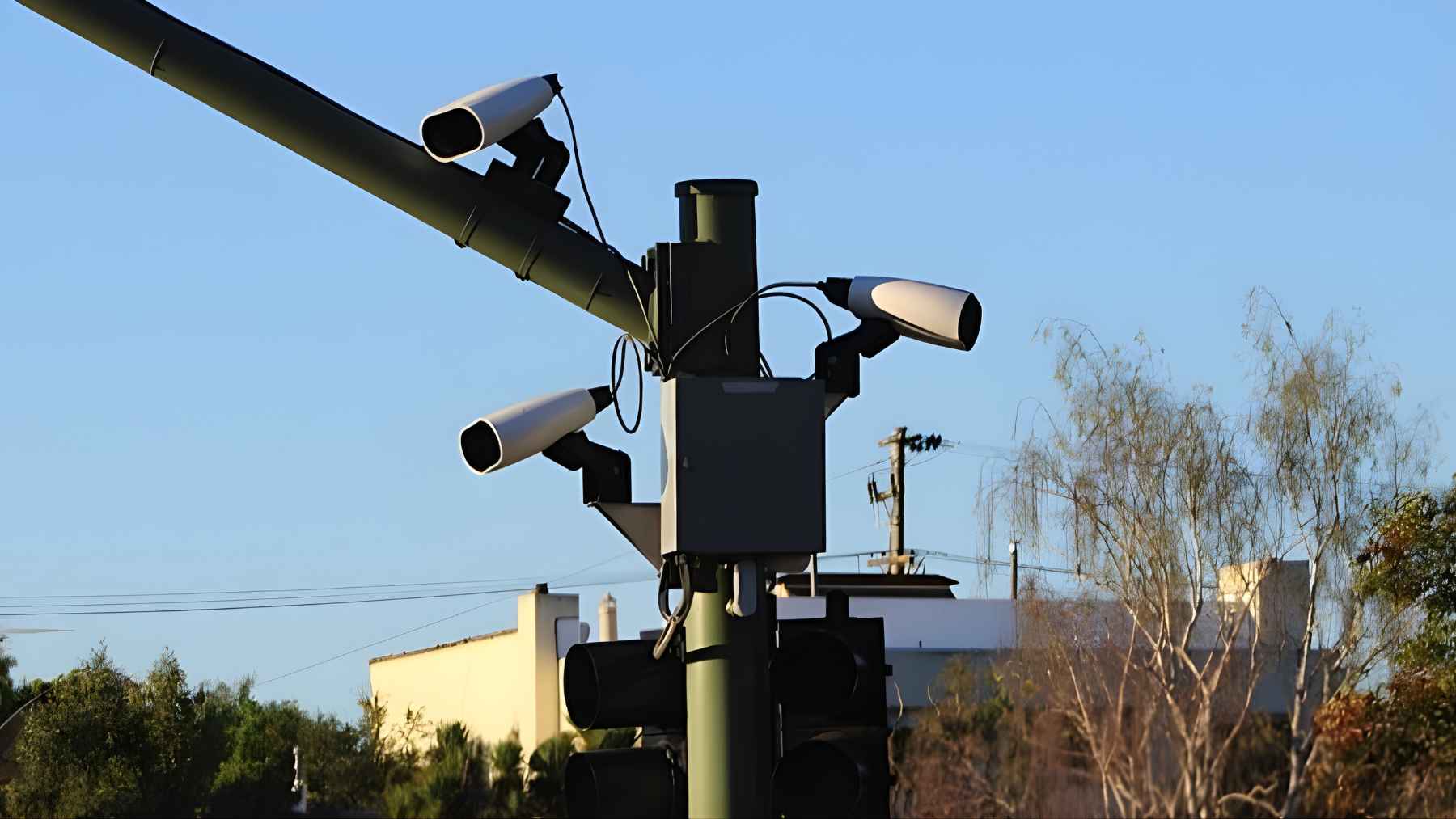As the world continues to move towards carbon-neutrality, electric engine solutions are increasingly coming out on top as the best way forward for a sustainable world. Now, innovators and companies from countries such as China are teaming up to collaboratively create and implement solutions that can streamline the transition from traditional internal combustion engines to alternative clean engine solutions. With the automobile sector seemingly dead-set on electric solutions, it is encouraging to see increased collaboration and decreased competition in the clean transportation sector.
The automobile industry commits to electric power solutions
When it comes to searching for sustainable solutions in the automobile world, the electric engine is probably the first thing that comes to mind. Over the past two decades, electric cars and engines have taken over the world by storm, with all major automobile companies now offering electric engine models in order to remain competitive in the market.
Thanks to pioneers such as Tesla, the electric engine is no longer seen as alternative and obscure, but rather evokes an elite status. Most electric vehicles are not entry-level cars. While this may increase their initial attraction, the reality is that the industry needs to start providing more entry-level electrical solutions if more consumers are to be convinced to go electric. In addition, more infrastructure is needed to support these vehicles to ensure consumers that they will not be stranded on the road with no way to charge.
Increased collaboration across continents
In a showcase of collaborative innovation, American company BorgWarner has teamed up with three major domestic Chinese brands to supply them with electric motors. China’s electrical and alternative engine market is the largest in the world, with the country maintaining a battery electric vehicle market share of 27%. Last year, almost half of domestic car sales in the country were EVs.
“We are pleased to extend our success in China with several new electric motor business wins for a variety of hybrid and electric applications,” said Dr. Stefan Demmerle, President and General Manager of BorgWarner PowerDrive Systems. “We are dedicated to continuously innovating our technology and improving our manufacturing processes to deliver high-quality products and services to meet the evolving needs of new energy vehicle customers.”
The plan is for BorgWarner to supply a 400V high-voltage hairpin (HVH) motor for an unnamed, yet reportedly prominent Chinese vehicle manufacturer’s new 200kW hybrid rear-drive platform. Collaborative manufacturing is planned to commence in August of this year. BorgWarner will also supply motors to a leading domestic Chinese OEM (original equipment manufacturer) for its 150kW pure electric platform.
These are set to go into mass production in March 2026. Additionally, the company intends to supply electric motors for both range-extended and plug-in hybrid variants of a major domestic Chinese OEM’s next-generation vehicles. Production is due to start between August and October 2025.
New ring-shaped engine from BorgWarner
Due to China’s major demand for electric vehicles, they have established a new ‘ring-shaped’ eMotor system called Ultra-Short High-Voltage Hairpin (S-HVH). The length of the motor has been reduced, and it uses an optimized manufacturing process for improved efficiency of the motor while decreasing production costs. The technology is suitable for both 400V and 800V electrical platforms.
While collaborations like these are solidifying electrical engines as the dominant alternative engine solutions, some brands continue to place their hopes in hydrogen fuel-cell technology. Companies like Toyota and Hyundai, in particular, have been leading the production of these hydrogen fuel-cell vehicles despite criticism of their latest moves. It is important to remember that while passenger vehicles may be going the electric route, hydrogen technology has major potential in industries like aircraft producers and long-haul trucking, meaning this technology is still valuable.















